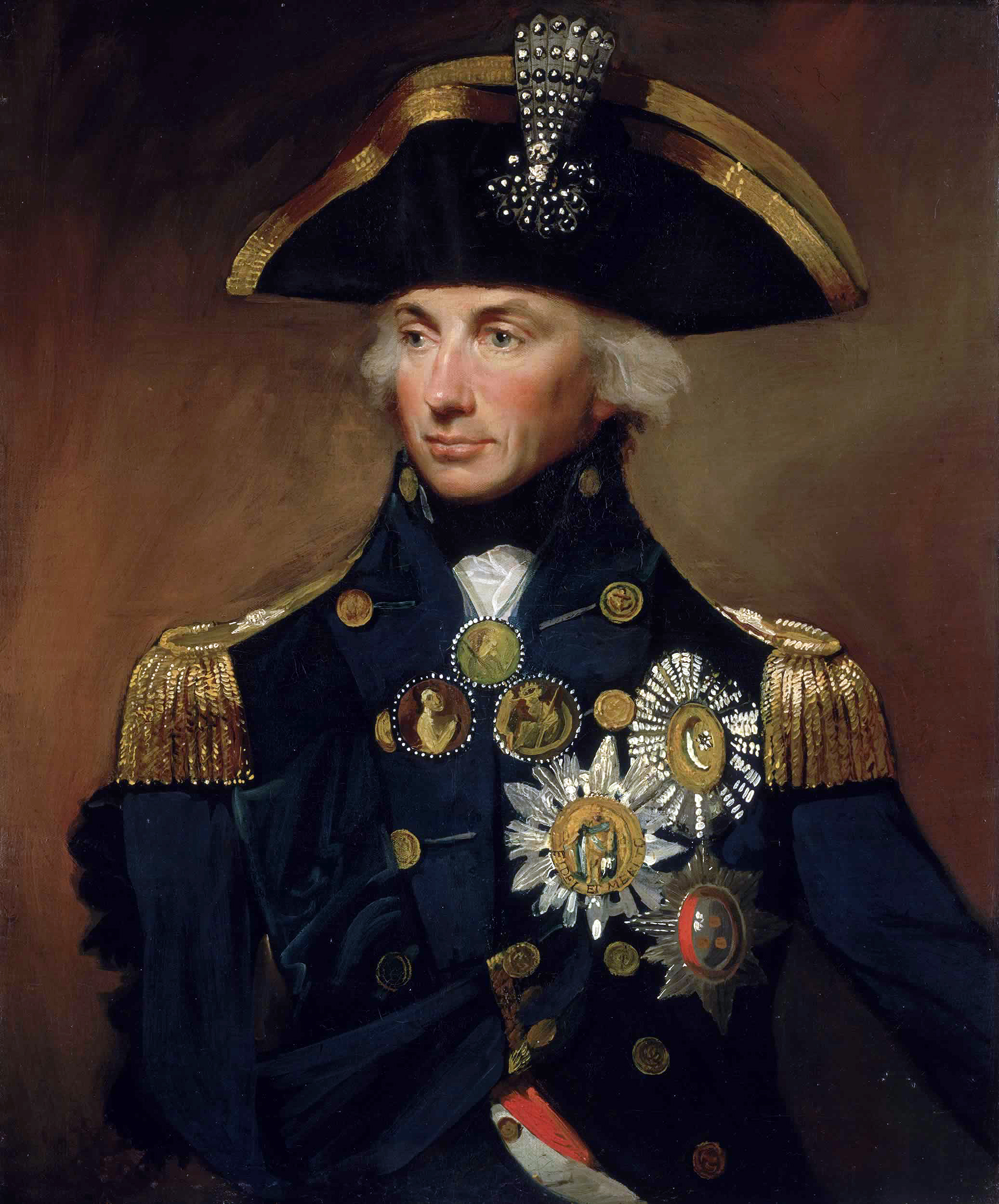If there were any artist (anything at all, really) who could possibly persuade me to give Christianity a fling, it’d be Haydn. There’s no more personally attractive or inspiring manifestation of faith than the serene, luminous joy of the sextet of Masses he wrote toward the end of his life. They were commissions from his patron, Nikolaus II, to celebrate his wife’s name-day (it’s a Catholic thing)—one a year, more or less, from 1796 to 1802. But joy, of course, isn’t all there is to them. Haydn wrote the 1798 Missa in angustiis
(”Mass for troubled times”—the epithet is his own) during one of Napoleon’s assaults on Austria. But after the French defeat that summer in the Battle of the Nile, the work acquired a contrasting second nickname: the “Lord Nelson” Mass, commemorating the British naval hero’s victory. Appropriately, the music continually shades between Haydn’s usual optimism and dark reality, between the uncertain present and the hopeful future. (The battle itself seems to be foretold in the brutal, Beethovenian fanfares that break in on the “Benedictus” movement.) We don’t hear any of these six masterpieces often enough; this weekend’s Orchestra Seattle/Seattle Chamber Singers performance is a rare opportunity. Clinton Smith also conducts Gluck, Bizet, and Copland. First Free Methodist Church, 3200 Third Ave. W., 800-838-3006, osscs.org. $10–$25. 7:30 p.m. Sat., March 16.




